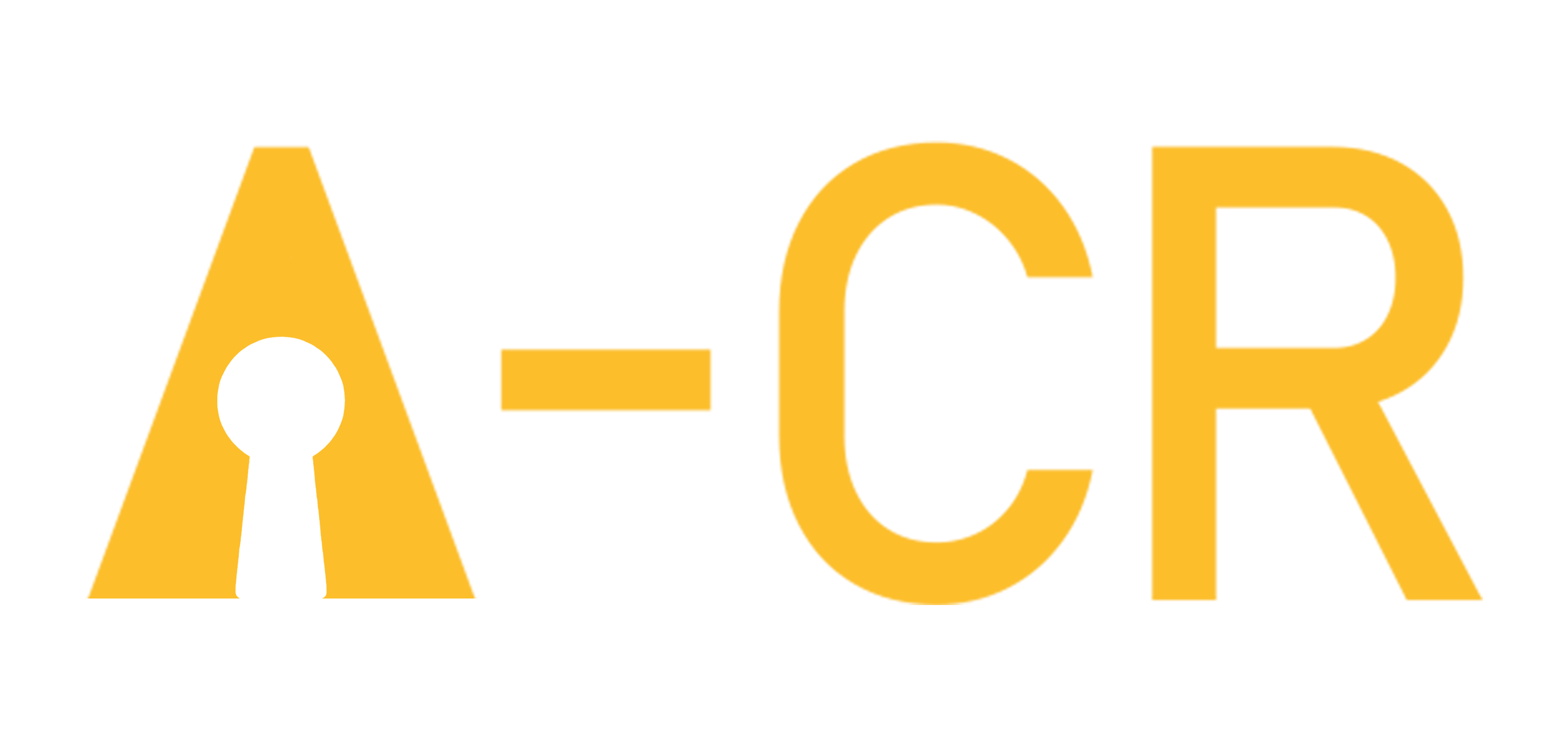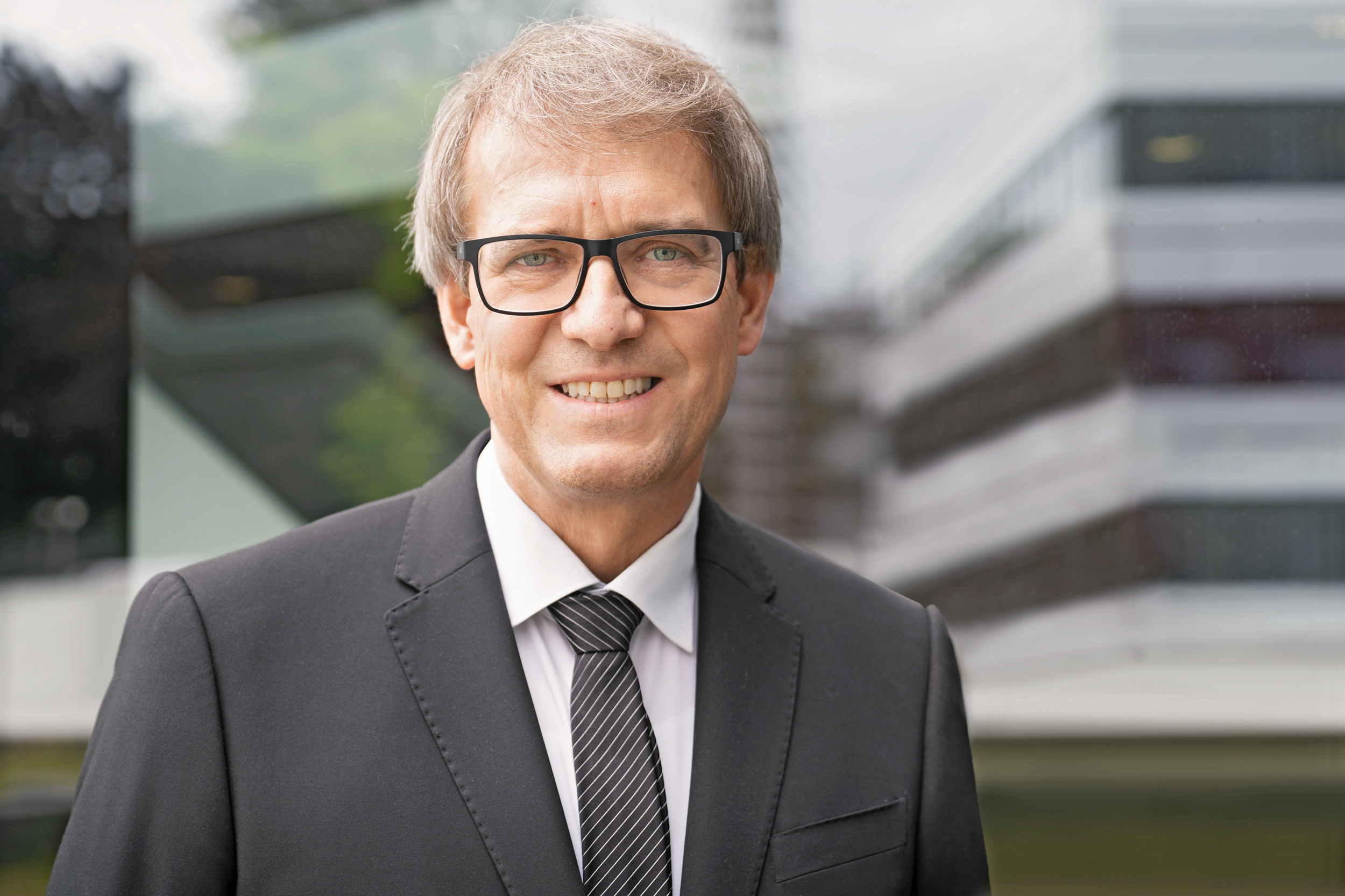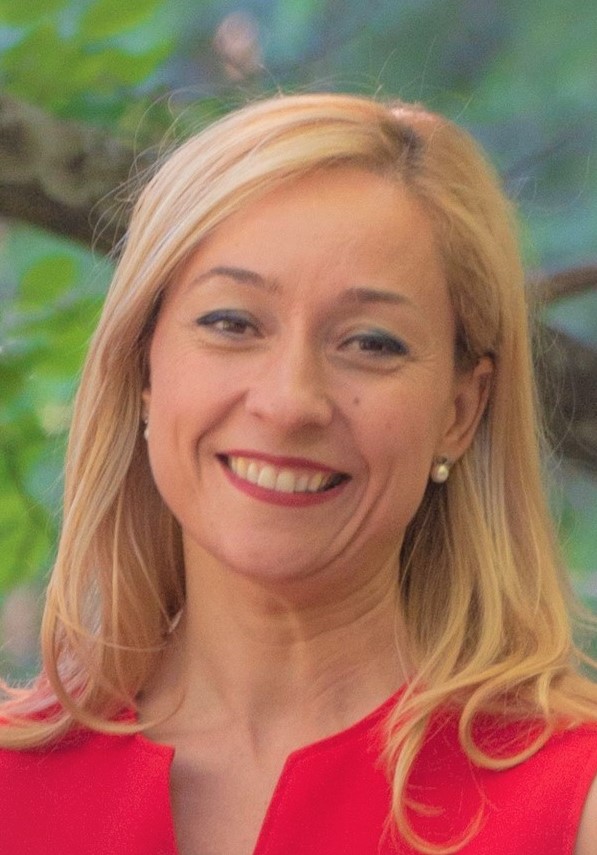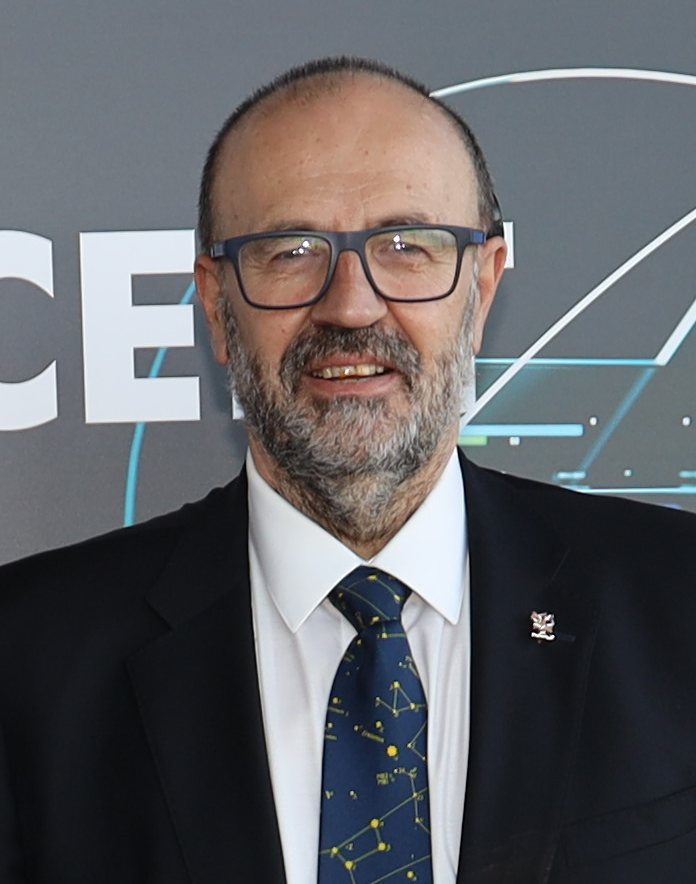

Keynote Speaker 1:
 Professor Stefan Wolfgang Pickl DKKV, COMTESSA, Munich, Germany
Professor Stefan Wolfgang Pickl DKKV, COMTESSA, Munich, Germany
Date/Time: Monday, June 3, 2024, 4.20-5.20 pm.
Speech Abstract
The current situation in the context of complex safety and security endeavours impacted both the decision-makers in politics as well as the players in the industry with a multitude of complex challenges. The current international supply chains need special attention to be optimized on complex disruptions that affect the general security of supply.
As part of the research project, Intelligent Reachback - Future Operations, an interdisciplinary consortium are deveoping a trend-setting interactive visualization tool to support decision makers in politics to adapt to and explore different strategies. This talk gives an overview on that research project. Furthermore, it presents the special sector-based approach, IDEA4C.
I - Identification of critical regions, sectors and coupling principles - Cost-Benefit Analysis for critical sectors.
D - Data-driven constraint optimization - Coupled Sector-based Models.
E - Exploratory Strategies/ Recognition of critical pathways and sectors - Characterization of Pathways.
A - Adaptation and Quantifying Analysis - Coordination of Strategies.
This 4C-approach describes a new integrated modelling suite for developing and assessing relief distribution strategies to support quarantined areas during a pandemic situation, based on the latest developments observed in the COVID-19 outbreak. This hybrid optimization framework has been conceptualized and is currently being developed with and for experts in the field of disaster and emergency management to tackle the real issues arising during such this crisis.
Keynote Speaker Biography
Professor Stefan Wolfgang Pickl received his Diploma in Mathematics, Electrical Engineering, and Philosophy from the Technical University of Darmstadt in 1993 through ERASMUS-scholarship from the EPFL Lausanne. In 1998, he received his PhD from the Technical University of Darmstadt. For the period 2000-2005, Professor Pickl was assistant scientist and project manager at the Center for Applied Computer Sciences in Cologne (ZAIK). In 2000, he received the PhD thesis award from the German Society for Operations Research. He is the recipient of the International Best Paper Award for the years 2003, 2005, 2007 and 2015, and the NATO SAS Excellence Award in 2023. He is Vice President of the German Committee for Disaster Reduction (DKKV). There, he is mainly engaged in the development of resilient systems and integrated assessment models. During the years 2004 to 2023, Professor Pickl was invited as a visiting-professor in the United States, Asia, and Europe. He was a Visiting Scientist in Los Alamos National Labs, SANDIA Laboratory, MIT, as well as the Santa Fe Institute for complex systems. He is the Founding Director of COMTESSA (Core Competence Center for Operations Research, Management - Tenacity - Excellence, Safety and Security ALLIANCE). For the period 2013-2023, he was an international coordinator of the innovative security projects REVEARS, RIKOV and REHSTRAIN (Resilience of the Franco-German High Speed Train Network). Professor Dr. Stefan Pickl is Honorary Chair at The University of Nottingham Malaysia Campus.
Keynote Speaker 2:
 Prof. Dr. María Isabel González Vasco Universidad Carlos III de Madrid, Spain
Prof. Dr. María Isabel González Vasco Universidad Carlos III de Madrid, Spain
Date/Time: Tuesday, June 4, 2024, 1.20-2.40 pm.
Speech Abstract
In this talk, we will discuss new steps towards secure key establishment that combine classical and quantum technologies. A number of so-called post-quantum solutions have been proposed for two-party key establishment, exploiting different mathematical problems, which seem hard to solve, even with quantum technologies. In particular, there are generic transforms that can be used to derive authenticated key exchange from so-called Key Encapsulation Mechanism (KEMs). Thus, different post-quantum two-party constructions can be derived directly from post-quantum KEMs. However, the challenge of integrating classical and quantum entities that need to establish a secure key through an insecure network remains to be explored. In particular, in a network where both quantum and classical actors interact, it would be desirable to design sound security models to capture different adversarial capabilities and write meaningful security proofs. We will discuss the difficulties of such scenarios, as well as some possible solutions towards realistic and quantum-resistant cryptographic designs for group key exchange..
Keynote Speaker Biography
Professor María Isabel González Vasco currently holds a Chair of Excellence in the Department of Mathematics at the Universidad Carlos III de Madrid. She is on leave from her position of Full Professor in Applied Mathematics at Universidad Rey Juan Carlos. Professor Vasco has been working in mathematical cryptography for more than 20 years. Her career has been developed with intense collaborations with different national and international centers including Philips Crypto B.V, IAKS Institute Karlsruhe, Florida Atlantic University, and IMDEA Software Institute. She is author/co-author of more than 60 publications, including 4 top-level conferences and 31 articles in JCR-listed journals, six of them are in the first quartile. Furthermore, she is co-author of two patents whose intellectual property rights were owned by NEC Labs. She is currently the PI of the Spanish node for the project "Secure Communication via Classical and Quantum Technologies" funded by the NATO Science for Peace and Security Program. She has been a member of the Board of the Spanish Royal Mathematical Society (RSME) since 2017.
Keynote Speaker 3:
 Dr. Luis Hernández Encinas The Spanish Nacional Research Council (CSIC), Madrid, Spain
Dr. Luis Hernández Encinas The Spanish Nacional Research Council (CSIC), Madrid, Spain
Date/Time: Wednesday, June 5, 2024, 9.20-10.20 am.
Speech Abstract
In this talk, the situation of the current cryptography (pre-quantum), some aspects related to quantum cryptography, and the present state of the new proposals for the post-quantum cryptography will be visited. Having done that, the talk will then emphasize that the pre-quantum cryptography has its days numbered due to the publication of several quantum algorithms capable of breaking, in an efficient way, the mathematical problems on which the security of this cryptography is based. Then, the main algorithm that allows quantum key distribution (QKD) and makes use of the principles of quantum mechanics will be commented on. Finally, the current status of the call made by NIST in the search for new cryptographic standards which must be resistant to quantum computing and known as post-quantum cryptography (PQC) will be described. The mathematical problems on which the new standards for digital signature and key encapsulation mechanisms (KEM) are based will be briefly presented.
Keynote Speaker Biography
Luis Hernández Encinas received a Bachelor of Science in Mathematics and PhD in Mathematics from the University of Salamanca. He is currently Research Professor in the Cryptology and Information Security Research Group (GiCSI) at the Institute of Physical and Information Technologies "Leonardo Torres Quevedo" (ITEFI) of the Spanish Nacional Research Council (CSIC), in Madrid. He has participated in more than 50 research projects (regional, national and international) and is the author of several books and patents, more than 70 papers in JCR-listed journals, more than 150 contributions to workshops and conferences, and he has supervised several doctoral theses. He has been a member of various national and international committees on security and cybersecurity and is a cryptological adviser for the Spanish national security agencies. His research areas include pre- and post-quantum cryptology (digital signature, authentication, and identification protocols), cryptobiometrics, and number theory. He received the National Prize "CCN-2021 for Professional Career in Favor of Cybersecurity" from the Centro Criptológico Nacional (CCN) del Centro Nacional de Inteligencia (CNI) of the Ministry of Defense, and the "Cross of Police Merit with White Badge" Award by the Ministry of Interior, in 2022.